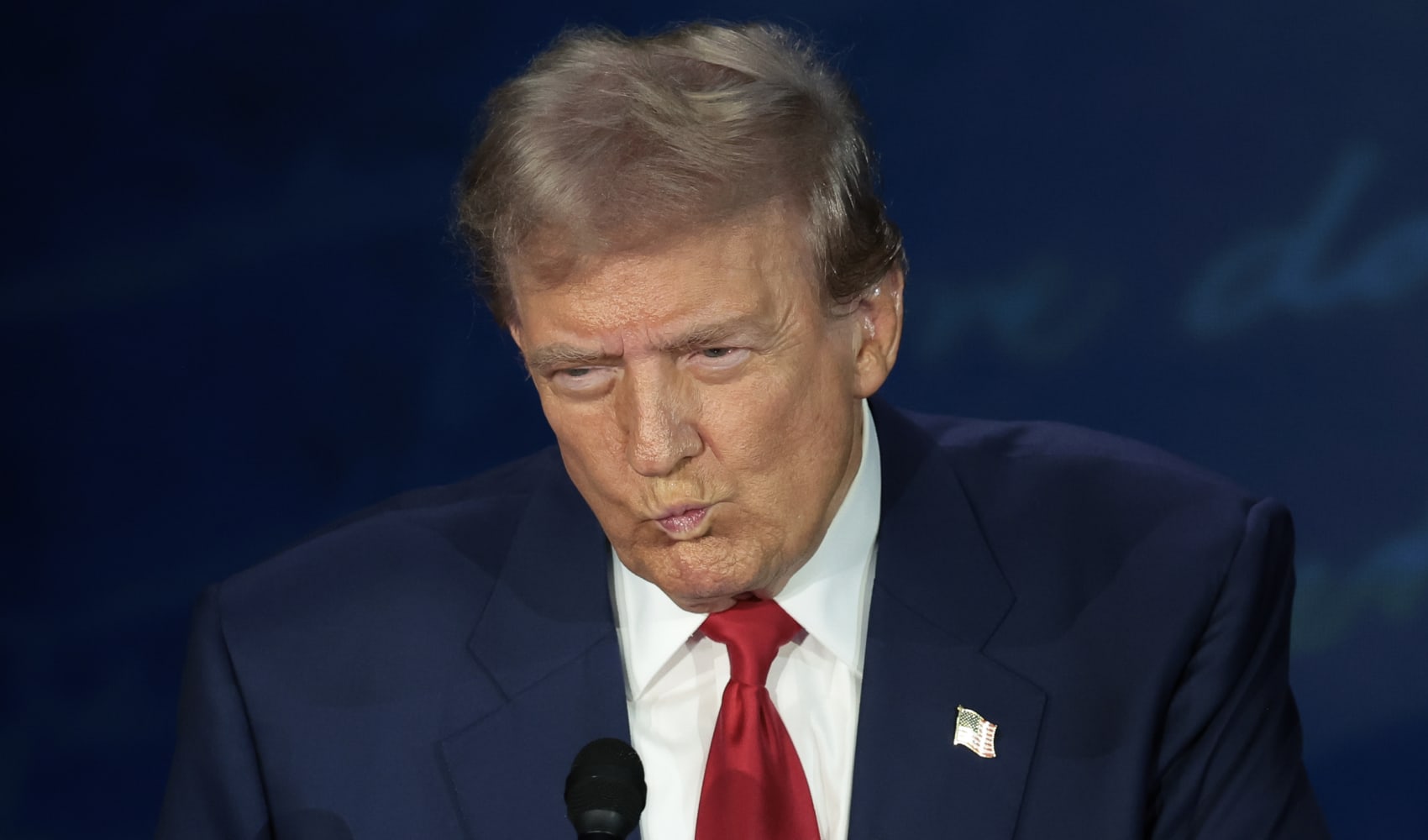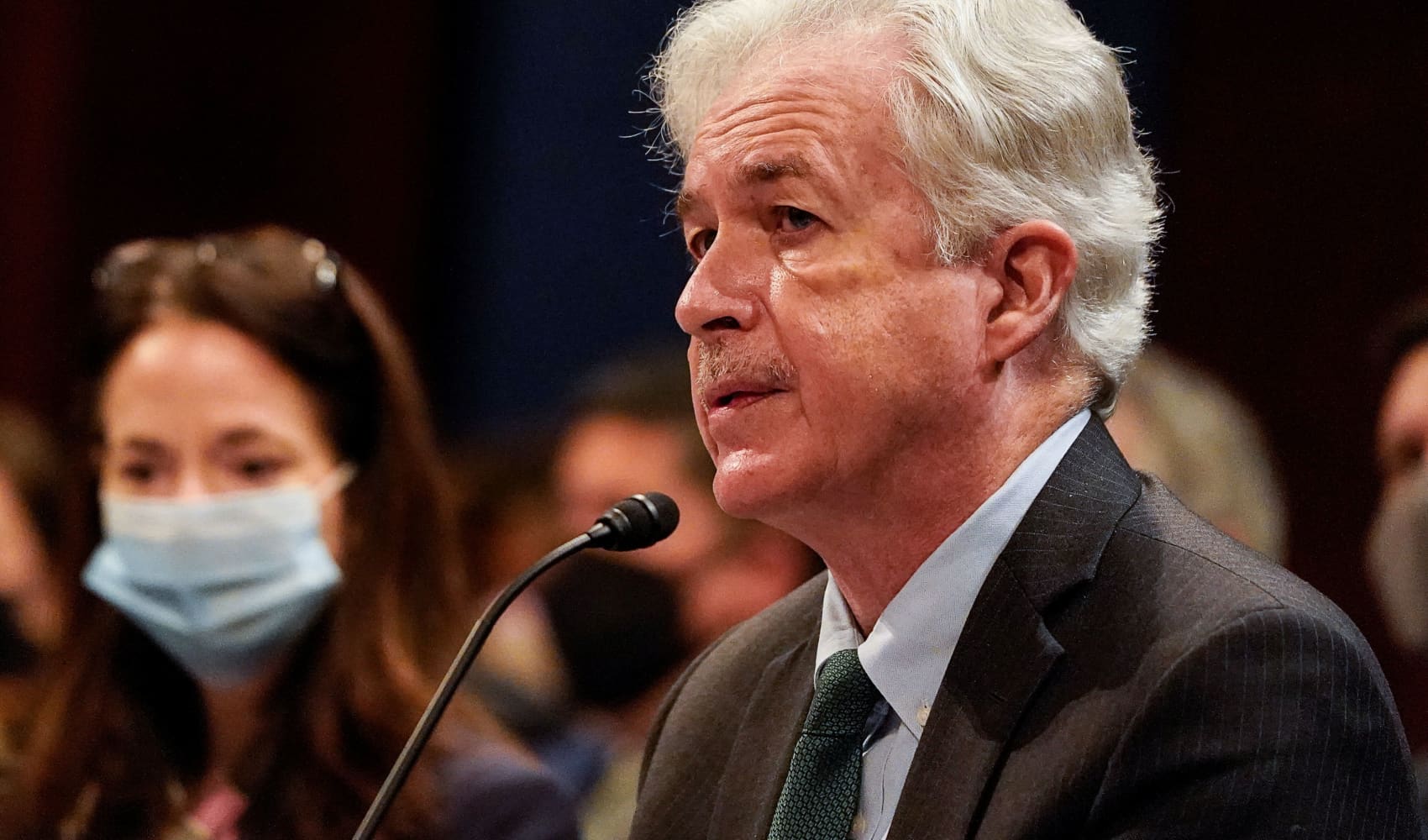
The United States and Britain pledged nearly $1.5 billion in additional aid to Ukraine on Wednesday during a visit to Kyiv by their top diplomats as Ukrainian officials renewed their pleas to use Western-provided missiles against targets deeper inside Russia.
U.S. Secretary of State Antony Blinken announced more than $700 million in humanitarian aid, while British Foreign Secretary David Lammy confirmed that his country would provide another $782 million in assistance and loan guarantees. Much of the effort was aimed at bolstering the energy grid that Russia has repeatedly pounded ahead of an expected difficult winter.
WATCH ANYTIME FOR FREE
>Stream NBC10 Boston news for free, 24/7, wherever you are. |
Blinken and Lammy traveled together to the Ukrainian capital on a rare joint tour to underscore their commitment to the country in its war. Two air-raid sirens sounded during the visit, causing delays in their schedule, including forcing them to cancel a wreath-laying ceremony.
Blinken said he would bring the discussion with Ukrainian President Volodymyr Zelenskyy about the missiles “back to Washington to brief the president.” Blinken said U.S. President Joe Biden and British Prime Minister Keir Starmer will “no doubt” talk about the issue when they meet Friday in Washington.
Get updates on what's happening in Boston to your inbox. Sign up for our >News Headlines newsletter.
“Speaking for the United States, we have adjusted and adapted as needs have changed, as the battlefield has changed. And I have no doubt that we’ll continue to do that as this evolves,” Blinken told a news conference.
The diplomatic visit unfolded as Russia’s bigger and better-equipped army bears down on Ukraine’s eastern Donetsk region and pounds the country with missiles, glide bombs and drones that claim many civilian casualties.
Lammy said the 2 1/2-year conflict is at a “critical” juncture following Ukraine's daring incursion last month into Russia’s Kursk region, even as it tries to defend against its neighbor’s aerial attacks on cities across the country.
"We convey the deepest condolences for the shocking attacks that we have seen, over the loss of civilian life, particularly women and children — horrific, barbaric, unbelievable,” Lammy said.
But relations between Ukraine and its Western partners have been increasingly strained by Kyiv’s repeated appeals for the West’s authorization to use long-range weapons from the United States and other allies to strike targets deeper inside Russia.
That issue has become more urgent given Russia’s latest reported acquisition of ballistic missiles from Iran, but Western leaders have balked at the request, fearing that, if granted, it could escalate the war.
Biden has allowed Ukraine to fire U.S.-provided missiles across the border into Russia in self-defense, but has largely limited the distance they can be fired.
Zelenskyy said he hoped for changes to those limitations.
“Let’s count on some strong decisions, at least,” he said. “For us, it’s very important.”
He said he hoped to speak to Biden later this month, noting that U.S. military and financial support is crucial.
“We rely heavily on it, and frankly, we can’t prevail without it,” Zelenskyy said.
However, U.S. Defense Secretary Lloyd Austin last week pushed back on the idea that long-range strikes would be a game-changer.
“I don’t believe one capability is going to be decisive, and I stand by that comment,” Austin said at a meeting of allied military leaders in Germany. The Ukrainians have other means to strike long-range targets, he added.
Ukrainian Prime Minister Denys Shmyhal told Lammy he hoped an agreement on using long-range assets “for strikes on the territory of our enemy” could be reached. “We hope for your help and support in this issue.”
Shmyhal described the meeting with Lammy in Kyiv as “intense” but gave no other details in his post on his Telegram channel.
A hard winter likely lies ahead for Ukraine. Its power grid is under severe strain after Russian missiles and drones knocked out around 70% of the country’s generation capacity.
Kyiv officials will also have to navigate the outcome of the U.S. election in November, which could produce important policy shifts in Washington. Former President Donald Trump said in a presidential debate Tuesday that he wants the war to end but did not clearly say he wants Ukraine to win.
“The bottom line is this: We want Ukraine to win,” Blinken said.
The latest American aid package includes $325 million in energy support to help repair and restore Ukraine’s power generation facilities, provide emergency backup power for critical services and strengthen the physical security of energy infrastructure.
Some $290 million will fund food, water, shelter, health care and education programs for Ukrainians in need in the country and refugees outside the country. The remaining $102 million will be used for mine-removal work. Late last week, the U.S. announced it would send $250 million more in weapons to Ukraine, including air-defense missiles and artillery.
The British diplomats reached the Ukrainian capital by train from Poland. Blinken traveled from London, where he accused Iran of providing Russia with Fath-360 short-range ballistic missiles, calling the move a “dramatic escalation” of the war.
Referring to those missiles, Shmyhal added: “Russia’s use of weapons from its terrorist allies to strike at Ukraine continues their genocidal war and terrorism on our territory. We must be able to respond to such terrorism in kind by destroying military targets on their territory to ensure greater safety for our citizens.”
Wednesday's visit was, unusually, announced in advance — a public signal of American and British support for Ukraine.
As Blinken and Lammy arrived in Kyiv, the U.K. announced it would ban 10 commercial ships it accuses of illicitly transporting Russian oil in violation of international sanctions. The U.K. government said the vessels would be barred from British ports and could be detained if they enter.
Associated Press writers Jill Lawless in London and Derek Gatopoulos in Kyiv contributed to this report.




